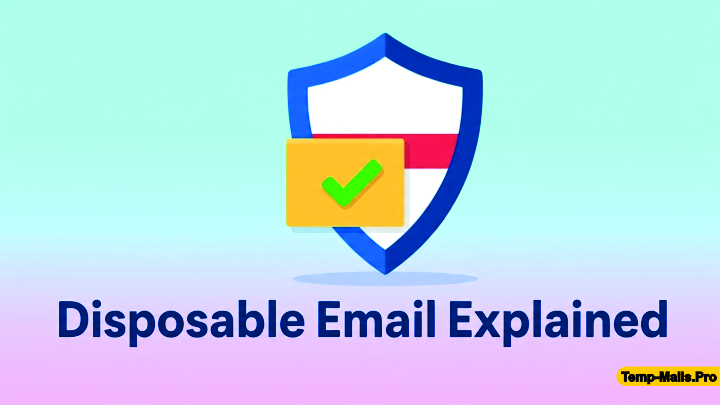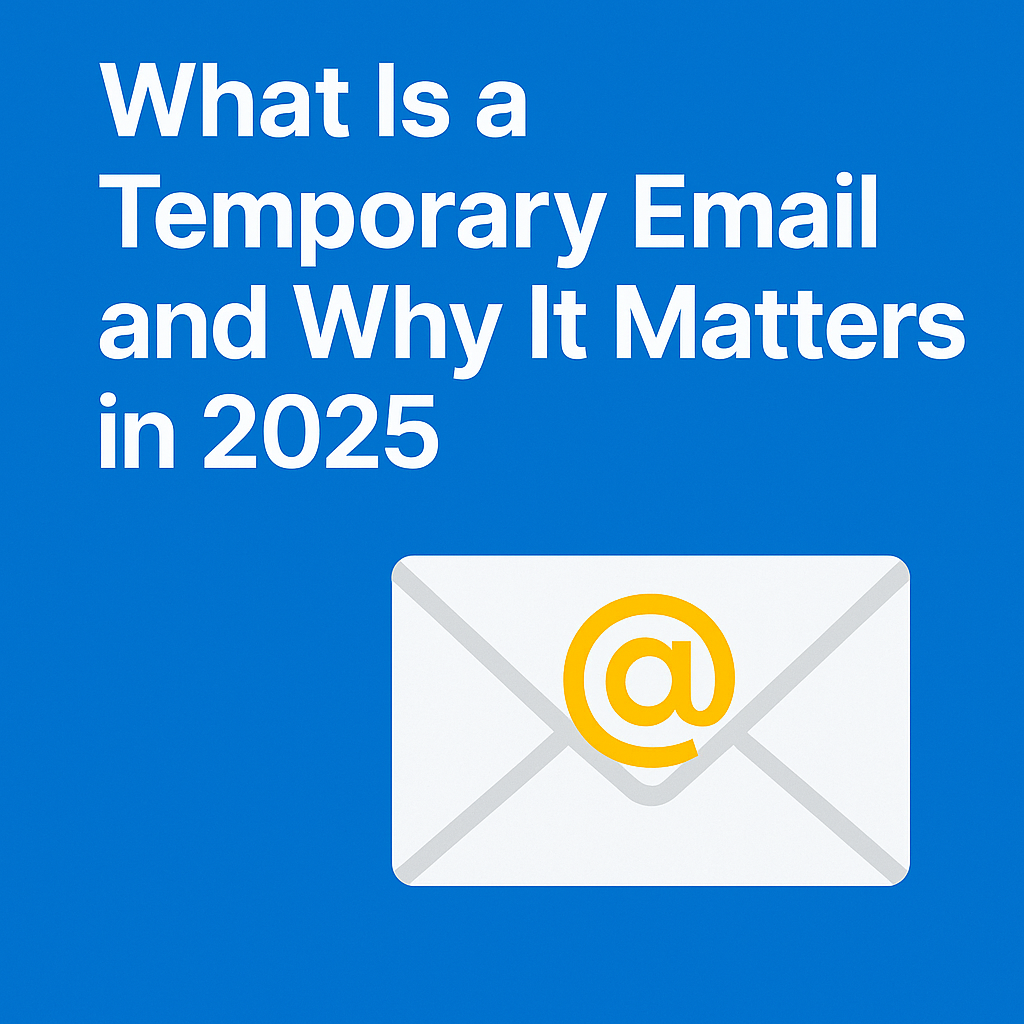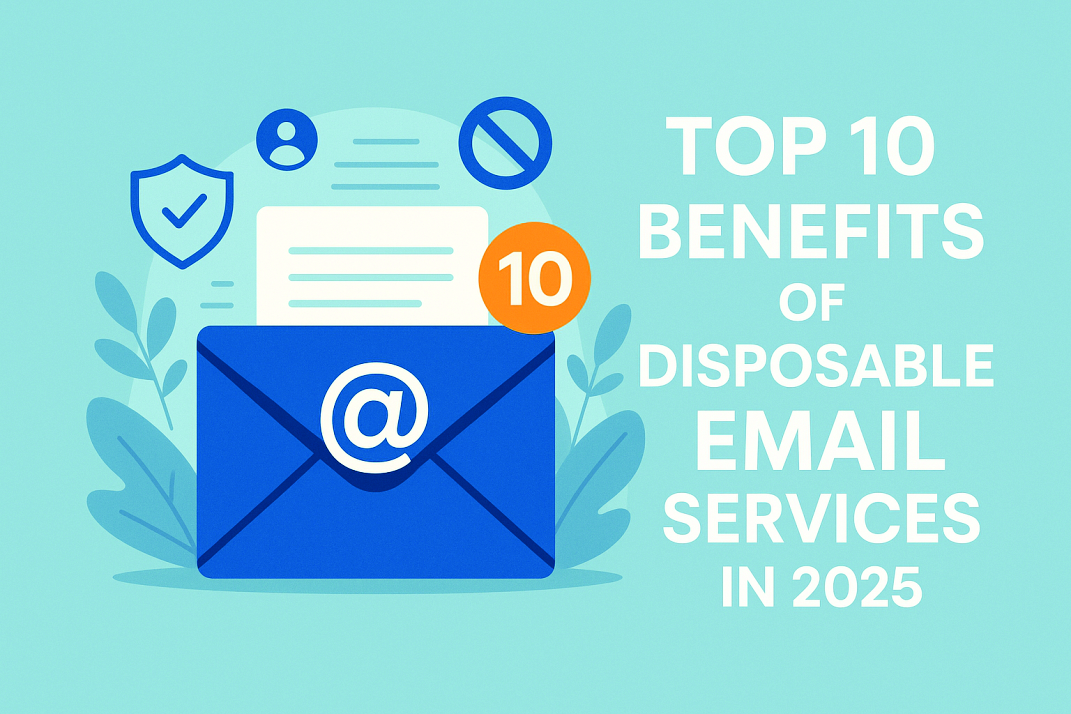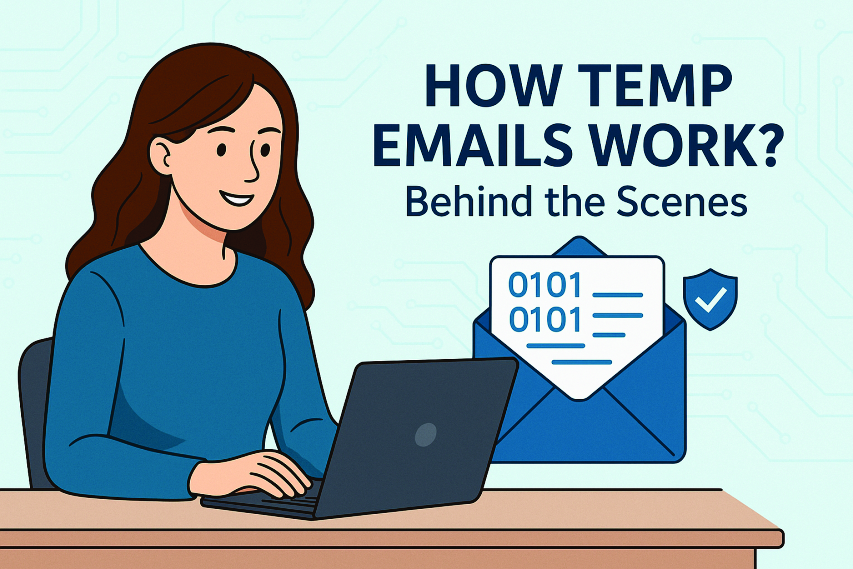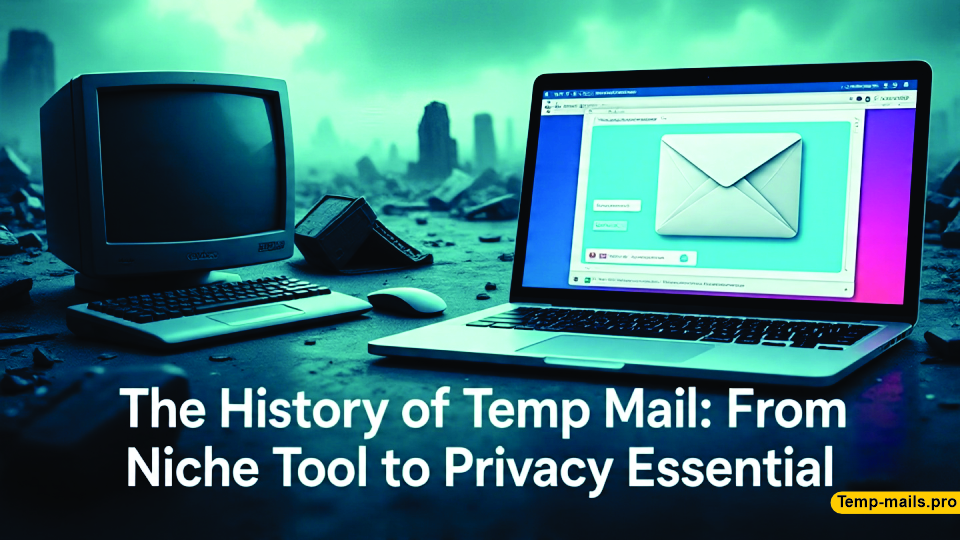Introduction: Why Privacy Tools Are More Important Than Ever
In today’s digital world, our inboxes have become the front line of our online identity. Every time you sign up for a newsletter, register on a website, or claim an online offer, you share your email address. While it seems harmless, your inbox is often the target of spam, marketing overload, phishing attempts, and even data breaches. This is where disposable email services come in, offering a quick, anonymous, and secure way to communicate online without revealing your primary email address.
If you’ve ever felt the frustration of endless spam or the fear of sharing your personal email with an unfamiliar site, disposable emails—also known as temporary emails—could be your best friend. Platforms like temp-mails.pro make it easy to create a temporary inbox in seconds, helping you stay private and clutter-free. But while the advantages are real, so are the limitations.
Let’s break it down, step by step.
What Is a Disposable Email?
A disposable email is a temporary, self-destructing inbox that lets you receive messages without using your permanent address. It’s often generated instantly, requires no signup, and expires after a certain period (anywhere from 10 minutes to a few hours). Once it’s gone, any emails sent to it disappear forever.
Unlike your regular email, which is tied to your name, contact list, and years of history, a disposable email is anonymous by default. This makes it ideal for situations where privacy is more important than long-term communication.
How Does a Disposable Email Work?
The process is surprisingly simple:
-
Visit a Disposable Email Service – For example, open temp-mails.pro.
-
Get an Instant Address – The service generates a random address.
-
Use It for Your Purpose – Paste it into any sign-up form or online registration.
-
Receive Emails Instantly – View incoming messages in the temporary inbox.
-
Let It Expire – After its lifespan, the inbox is deleted automatically.
Most services don’t require personal details or login credentials, making them quick and safe to use in seconds.
Common Use Cases for Disposable Email
The popularity of disposable email services comes from their versatility. Here are some of the most common scenarios where they shine:
1. Preventing Spam
Sign up for a site just to download a free PDF or access a trial? Instead of giving your real email and facing months of spam, you can use a disposable address.
2. Testing Websites or Apps
Developers, QA testers, and marketers often need to test user flows and email notifications without creating multiple permanent accounts.
3. Signing Up for One-Time Offers
Whether it’s a contest, a webinar, or a promo code, temporary emails let you participate without committing your personal inbox.
4. Anonymous Online Activity
In situations where privacy is crucial—like discussing sensitive topics in forums—disposable emails protect your identity.
5. Bypassing Regional Restrictions
Some websites require an email to access certain content or features. Disposable addresses provide a quick workaround without risking your main email.
Benefits of Using Disposable Emails
Disposable emails aren’t just about convenience; they solve several privacy and usability problems.
-
Protects Your Real Identity – Keeps your main email away from data breaches.
-
Reduces Spam – Keeps unwanted promotions out of your personal inbox.
-
Fast and Free – No registration, no payment, instant setup.
-
Accessible Anywhere – Works from any browser or device.
-
Anonymity – No personal data is tied to the generated email.
Limitations and Risks of Disposable Emails
While the benefits are strong, disposable emails are not a perfect replacement for your main email account. You should be aware of the following:
1. Blocked by Some Websites
Many platforms recognize domains from disposable email providers and block them during registration.
2. Short Lifespan
If you expect important follow-up messages later, the temporary inbox might expire before you can access them.
3. Not Secure for Sensitive Data
Since disposable inboxes are often public, they are unsuitable for banking, legal documents, or personal information.
4. Potential for Abuse
Some people misuse disposable emails for spamming, trolling, or creating fake accounts, leading to a bad reputation for the service.
5. No Recovery Option
Once the inbox expires, you can’t recover any messages or reset passwords linked to that address.
Best Practices for Using Disposable Email
To get the most out of temporary email services while avoiding problems, follow these tips:
-
Use disposable emails only for short-term or low-risk purposes.
-
Never share personal, financial, or sensitive details through them.
-
Check the inbox promptly before it expires.
-
Use reputable providers like temp-mails.pro to ensure reliability.
-
If you need ongoing anonymous communication, consider services with custom expiration times.
Disposable Email vs. Permanent Email
Here’s a quick comparison to help you decide when to use which:
| Feature | Disposable Email | Permanent Email |
|---|---|---|
| Privacy | High | Medium |
| Longevity | Short-term | Long-term |
| Spam Protection | Excellent | Depends on filters |
| Security | Basic | Stronger with 2FA |
| Cost | Free | Free/Paid |
The Future of Disposable Emails
With growing privacy concerns and stricter data laws, disposable email services are likely to become even more common. We might see:
-
More Customization – Choose your email domain or set the lifespan.
-
Integration with Browsers – One-click temporary inbox creation.
-
Enhanced Security – End-to-end encryption for short-lived messages.
-
Mobile Apps – Push notifications for incoming temporary messages.
As cyber threats grow more sophisticated, tools like temp-mails.pro will play an increasingly important role in keeping personal data safe.
Conclusion: Use Them Wisely
Disposable email services are an excellent solution for keeping your primary inbox clean, your identity private, and your online life uncluttered. They’re fast, free, and effective for specific situations—but they’re not a replacement for your permanent email.
Think of them as a digital shield—perfect for quick interactions, online sign-ups, or testing purposes. By understanding both their strengths and limitations, you can make the most of disposable emails without falling into the trap of over-reliance.
In a time when our online privacy is constantly under attack, every small step toward protecting it counts—and disposable emails are one of the easiest steps you can take today.
